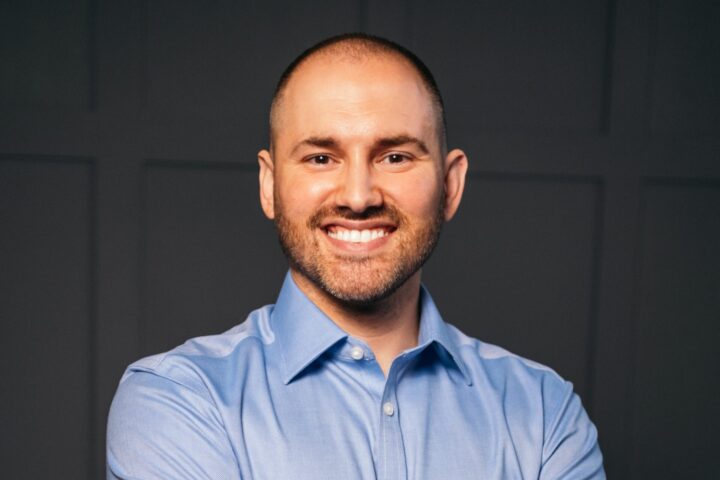94% of HR decision makers are affected by work stress and find at least one aspect of their job stressful, research by HR, payroll and benefits software provider Ciphr revealed.
The results from a survey of over 270 UK HR decision-makers found that just 6.3% of people in HR roles never experience stress at work.
Workloads topped the list of things causing them the most stress and anxiety (cited by 29% of respondents), followed by rising costs (26%), the challenges of employee retention (24%), and managing budgets (24%).
Worryingly, nearly one in four (23%) HR professionals reported feeling stressed to the point of burnout and exhaustion.
This rose to over a third (35%) of those working at organisations with more than 1,500 employees, indicating a potential link between workforce size and the occurrence of chronic stress.
Workload stress also appeared more likely to impact those at larger organisations – with a third (34%) of HR professionals who manage workforces of over 1,500 employees feeling under pressure by excessive workloads, compared to around a quarter (27%) of those at organisations with 50 to 1,499 employees.
Other significant stressors for all respondents included recruitment and skills shortages (23%) and having to attend too many meetings (20%).
Around one in six had anxiety about conflicts at work (18%), while others experienced stress from dealing with misconceptions about what their day-to-day HR role and responsibilities actually entails (18%).
Employee case management was also found to be among one of the more stressful parts of working in HR by a sizeable (17%) share of respondents.
Claire Williams, chief people and operations officer at Ciphr, said: “In recent years there’s been a lot of focus on what employers and HR can do to safeguard and support their employees’ mental health and alleviate workplace stress. And rightly so.
“But conversations rarely talk about the huge pressures that people in HR roles feel and how stress can impact them, and even fewer organisations offer tailored support to their HR teams.
“HR professionals often spend so much time focusing on the rest of the business that their needs aren’t always prioritised. There may also be an assumption that, because they work in HR, they know how to deal with work stresses better than other employees.”
She added: “This research underscores the critical need for organisations to ensure a better work/life balance, more manageable workloads, and provide further support for those in HR.
“Now more than ever, HR teams are often being asked to achieve more with less budget, despite rising costs, and navigate increasingly complex – and changing – employment laws and reforms, all while doing what they can to meet the needs of the wider workforce.
“Organisations need to work proactively with their HR teams to help relieve stress, where possible, and give them resources and strategies to cope with prolonged or negative stress in a more targeted and positive way.
“Embracing new technologies and harnessing efficiency gains from advances in AI, automation, and employee self-service across integrated HR systems, payroll, benefits platforms, recruitment, engagement, and workforce management tools, for example, will also help reduce a raft of workload pressures for HR professionals.”
















